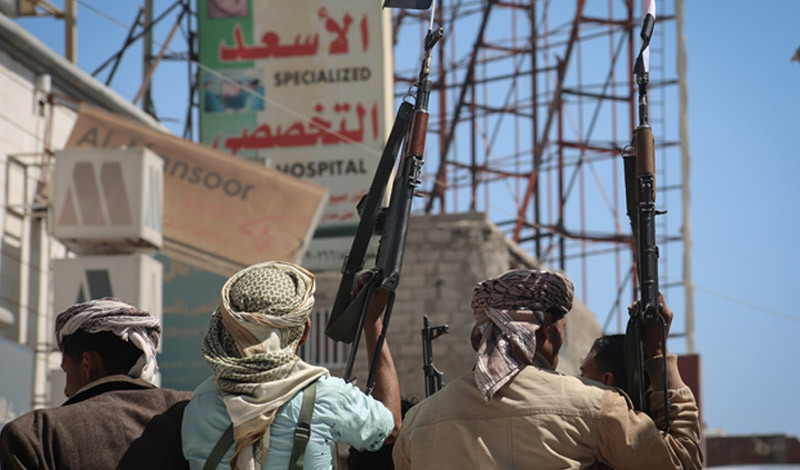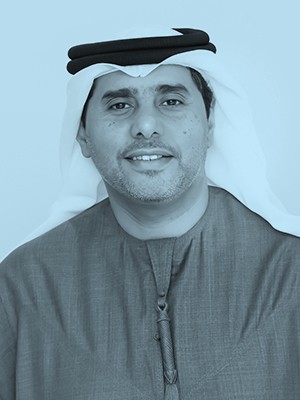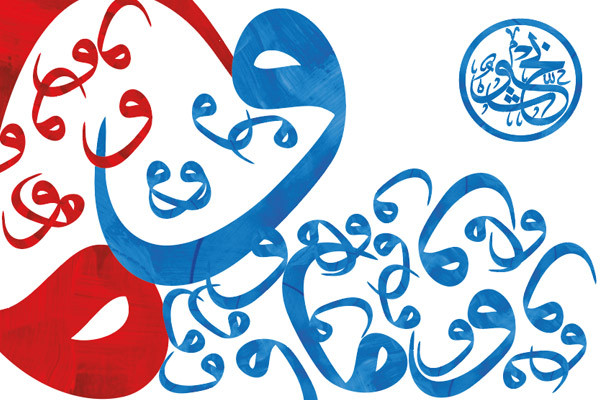Why the UAE is Waging war to Liberate Yemen
At the top of UAE related FAQs these days is the question: "Why did the UAE change its peaceful approach to foreign policy in Yemen"

- by Mohammed Abdul Rahman Baharoon ,
- Saturday, 7th November, 2015
The frequency of the question does not seem to reduce its novelty. There seems to be a strong impression that the UAE has indeed changed its posture to a more militarised approach - what the Washington Post last year characterised as 'Little Sparta'. The real question, however, is: 'Has our foreign policy really changed?'
The context of the UAE's military intervention in so-called Arab Spring countries, notably Libya and Yemen, is to an extent a loaded question, with the clear implication that the UAE is using military force to coerce its neighbors. But the country has always been part of the international community, working to support peace and stability across the world.
The UAE's military has conducted missions of different types in the region to support peace and security. Our forces participated in peacekeeping in Lebanon in 1976. It also participated in the military effort to liberate Kuwait in 1991 as well as contributing to the Hope Revival mission in Somalia in 1992 with the UN. Other missions carried out by the UAE have included a de-mining mission to Lebanon, support to the international peace keeping mission in Kosovo in 1999 and full-spectrum military support to the international effort to support the government of Afghanistan. All of these military contributions were under the late Sheikh Zayed Bin Sultan Al Nahyan, founder of the UAE.
It therefore seems wrong to suggest that our more recent military participation in Libya, Iraq and Yemen represents a newfound boldness or even a manifestation of a post-Zayed "more realistic foreign policy" as Dr. Abulkhaleq Abudulla suggested recently. The UAE has participated with military personnel, mainly ground forces, since the formation of the army. This is also hardly a unilateral hegemonic approach by the UAE, as Andrew Hammond of the European Council on Foreign Relations suggested in a recent analysis of the UAE's motives in participating in the campaign against Libyan rebels.
Military deployment and engagement are proper tools of our foreign policy. Equally, it is important to understand that the country's use of military force has always been guided by a set of defining principles:
- The UAE does not operate in a vacuum. From Lebanon in 1976 to Yemen 2015, the UAE has always worked with allies and partners and never ventured unilaterally. Even its effort to combat the spread of Islamic militants in Libya was part of defense co-operation with Egypt, to contain a major national security threat from "the transformation of eastern Libya into a regional incubator for jihadist groups". Importantly, this clearly demonstrates that the UAE is not attempting to drive its own agenda or hegemony.
- The UAE operates within legitimate frameworks. UN, Arab League and GCC charters as well as bilateral agreements and international coalitions have provided the moral and legal grounds for all military efforts. We committed military force under the UN Security Council Resolutions in Kosovo (UNSCR 1244) and Yemen (UNSCR 2216). It worked based on an Arab league resolution as in Lebanon and Libya. It worked based on multilateral and bilateral defence agreements in Bahrain and with Libya.
- Military comes last. UAE has always worked to support legitimate governments to maintain its peace and stability through peaceful means, military intervention has always been a last resort. Military force was used only after the collapse of political efforts. Military intervention has always been a final resort. The case of Yemen is therefore no different from the historical trend of UAE's previous commitment of military force.
- The battle is always for development. The UAE military apparatus does not only deploy on war-fighting operations. It has also contributed to peace support missions ranging from the delivery of humanitarian relief to de-mining. It has helped in the construction of hospitals and schools in Afghanistan and has helped rebuild electrical distribution and restored airport operations in Aden. The security assistance we provided to Puntland marine development, Somali police and Seychelles navy, has also been guided by the principle of sustainable peace.
Change seems to be the only constant in our world. Political instability has raged through the region leading to failing regimes and economies. In the midst of all this, some regional powers have started to flex their geostrategic muscles, using non-state actors and non-conventional weapons capabilities, while at the same time old allies have started to withdraw their commitment to the region. Further complicating this febrile mix, the region is seeing a sharp economic downturn as falling oil prices are leading to budget deficits, even in the wealthiest of states.
Did the UAE really change? In light of unprecedented turbulence across the region, it is argued that the UAE actually remains one of its most constant factors; it still stands by its principles of negotiating first, fighting last and building a path to development once it is done. This continues to be rooted in our genesis as a nation established on a vision for peace in unity.
The UAE and the Arab alliance led by Saudi Arabia in Yemen took responsibility for fulfilling UN Security Council Resolution 2216, a resolution that might otherwise have followed many others, simply collecting dust in the UN's library.
We in the UAE are clear that if we are to keep our region and our world safe and prosperous, we must do everything in our power, even if it means using military force to protect our interests.
Originally published on Gulf News 5th November 2015

Mohammed Abdul Rahman Baharoon
Director General
Read More
Areas of Expertise
- Geo-strategy
- Reputation and soft power
- Public Policy and International Relations
Education
- Master’s degree in English Literature from Texas Tech University in 1995
- English Major from Kuwait University in 1987
Bio
He perused a career in media as a reporter for “Al Arabi” Magazine, Al Ittihad newspaper, and then Editor for Gulf Defense Magazine before starting as director of research at both and focusing on the interplay between Geostrategy and policymaking in governance, stability, capacity building, and future-proofing.
Mohammed has also worked as Deputy Director of Watani (UAE’s first initiative on National Identity) and is also a founding member of the board of “Bussola Institute” a think tank in Brussels that focuses on the changing and emerging aspects of the partnership between the EU and the GCC member states.
As part of his interest in the emerging geostrategic space of the Arabian Peninsula, Mohammed looks at Iran as part of the development of the area as a major trade artery. This development implies developing a sustainable relationship with its regional neighborhood on the Arabian Gulf, The Arabian Sea, the Red Sea, or the Mediterranean. Iran is a major component of that space and becoming more adaptable to the modernization process will allow it to become part of the future development of the region.

